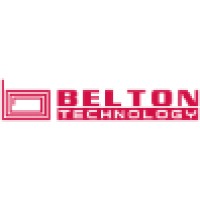
Molex
Molex makes a connected world possible by enabling technologies that transform the future and improve lives. With a presence in more than 40 countries, Molex offers a complete range of connectivity products, services and solutions for the data communications, medical, industrial, automotive and consumer electronics industries. We’re doing more than developing solutions for our customers, we’re Creating Connections for Life.






